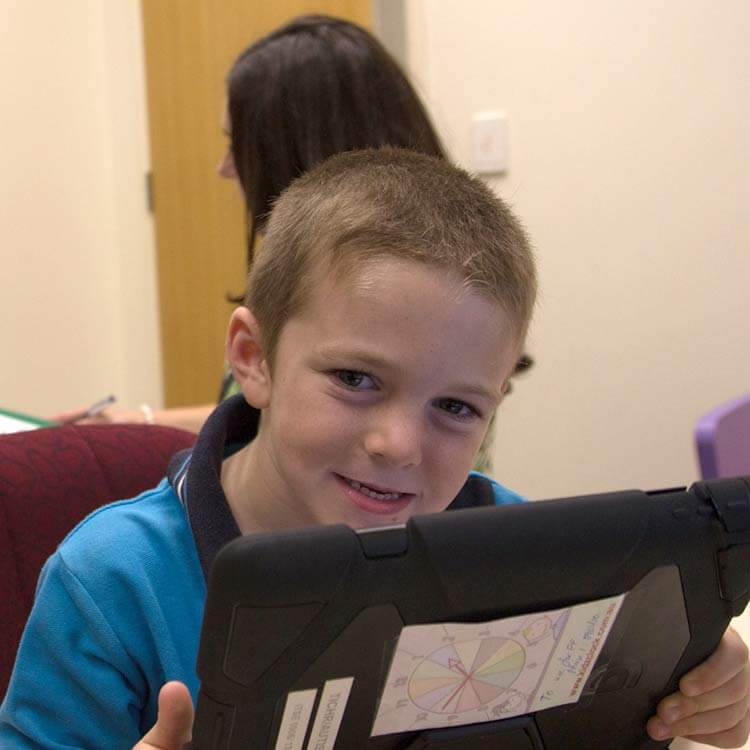Search
Research
The prevalence of mental health disorders and symptoms in children and adolescents with cerebral palsy: a systematic review and meta-analysisMental health conditions and problems are often reported in children and adolescents with CP. A systematic review was undertaken to describe their prevalence.
Research
Validation of intellectual disability coding through hospital morbidity records using an intellectual disability population-based database in Western AustraliaTo investigate how well intellectual disability (ID) can be ascertained using hospital morbidity data compared with a population-based data source.
Research
Comparing Parental Well-Being and Its Determinants Across Three Different Genetic Disorders Causing Intellectual DisabilityThis cross-sectional study examined parental well-being in caregivers of children with one of three genetic disorders associated with intellectual disability.
Research
Patterns of sedentary time and ambulatory physical activity in a Danish population of girls and women with Rett syndromeWe aimed to: (1) describe the patterns of sedentary time and daily steps and (2) identify the association of individual and environmental characteristitics.
Research
Building the repertoire of measures of walking in Rett syndromeThis study aimed to determine measurement properties of a modified 2MWT and a modified Rett syndrome-specific FMS-RS in Rett syndrome.

Research
Multigenerational Familial and Environmental Risk for Autism (MINERvA) NetworkThe MINERvA Network will allow more accurate and precise determination of the contributions of familial and environmental factors to the etiology of autism.
Research
Online Health Literacy Resources for People With Intellectual Disability: A Grey Literature Scoping ReviewPeople with intellectual disability experience higher rates of physical and mental health problems than those without intellectual disability. Health literacy includes accessing, understanding, appraising and applying health information. Improving health literacy is associated with better health outcomes. The internet is a primary source of health information for many people. This study aimed to evaluate available online health resources for people with intellectual disability and their families to understand information gaps.
Research
Intrafamilial Maltreatment of People with Intellectual Disability: A Scoping ReviewPeople with intellectual disability experience a greater risk of maltreatment than people without intellectual disability. Maltreatment by family members presents additional risks, including greater possibilities for concealment. This scoping reviewResults were summarized in both narrative and tabular formats summarizes extant knowledge about the familial maltreatment of people with intellectual disability and identifies gaps in the literature.
Research
Prevalence of attention deficit hyperactivity disorder/hyperkinetic disorder of pediatric and adult populations in clinical settings: a systematic review, meta-analysis and meta-regressionAttention-Deficit/Hyperactivity Disorder (ADHD)/Hyperkinetic Disorder (HD) is linked to increased risks of morbidity, comorbidity and mortality, with higher prevalence in clinical populations. The differential prevalence of ADHD/HD across adult and pediatric clinical populations, influenced by factors such as time trends, sex, age, geographic regions, and comorbidities, has not been systematically assessed.
Research
Comparing home polysomnography with transcutaneous CO2 monitoring to laboratory polysomnography in children with neuromuscular disordersClinical utility of home polysomnography in children with neuromuscular disorders is limited by lack of evidence that sleep-disordered breathing can be reliably identified and inability to diagnose hypoventilation because carbon dioxide is not measured.
